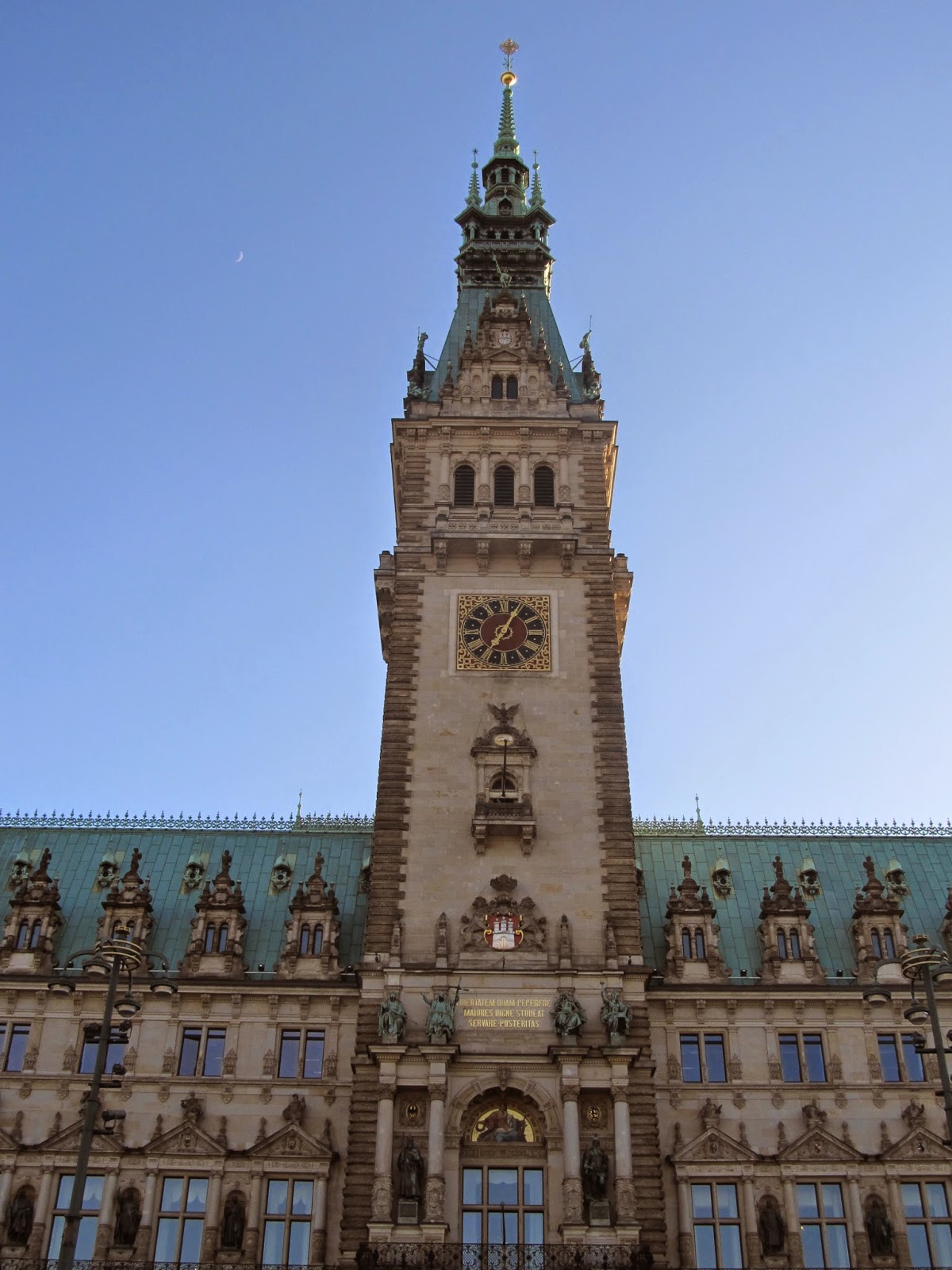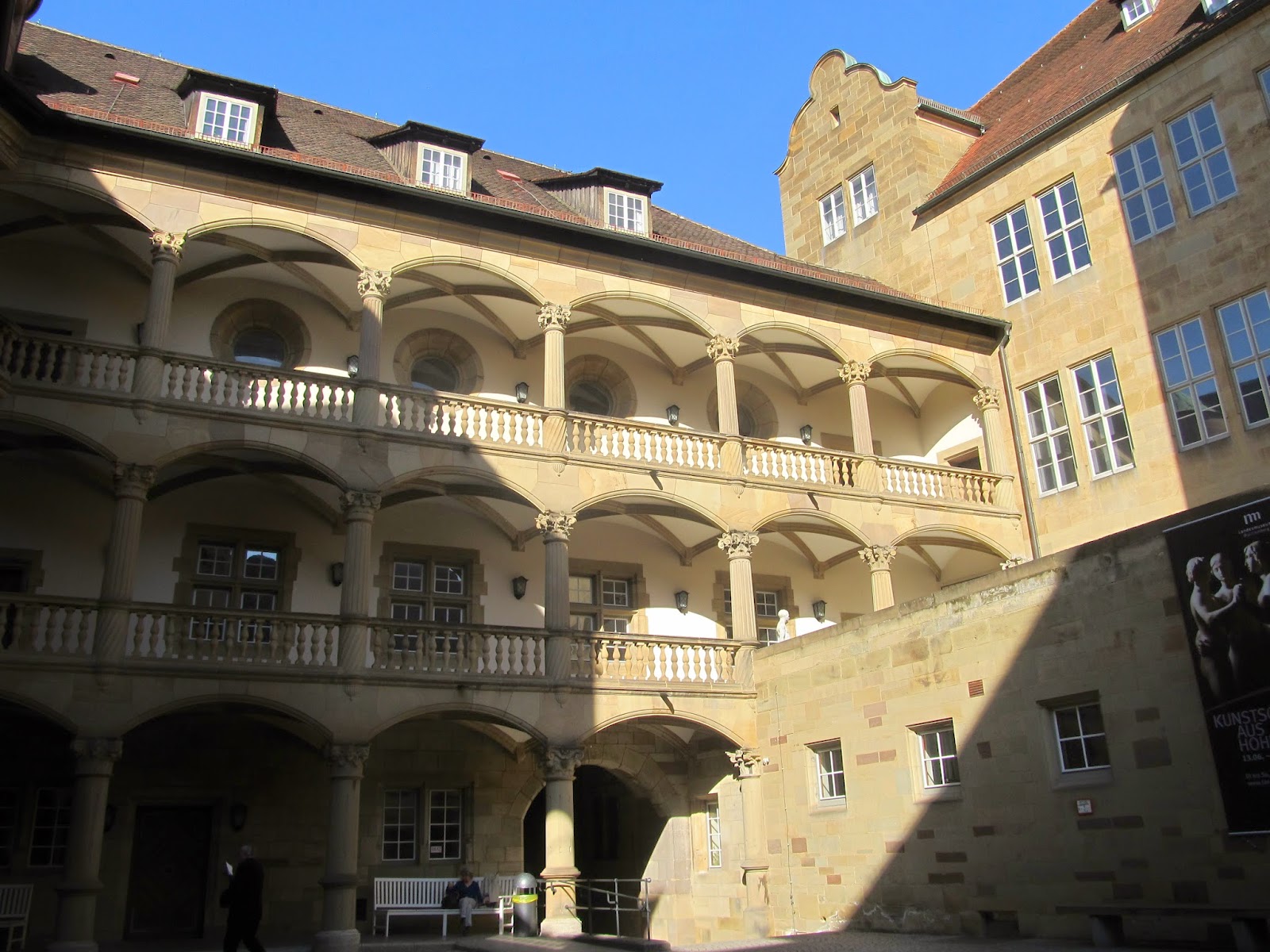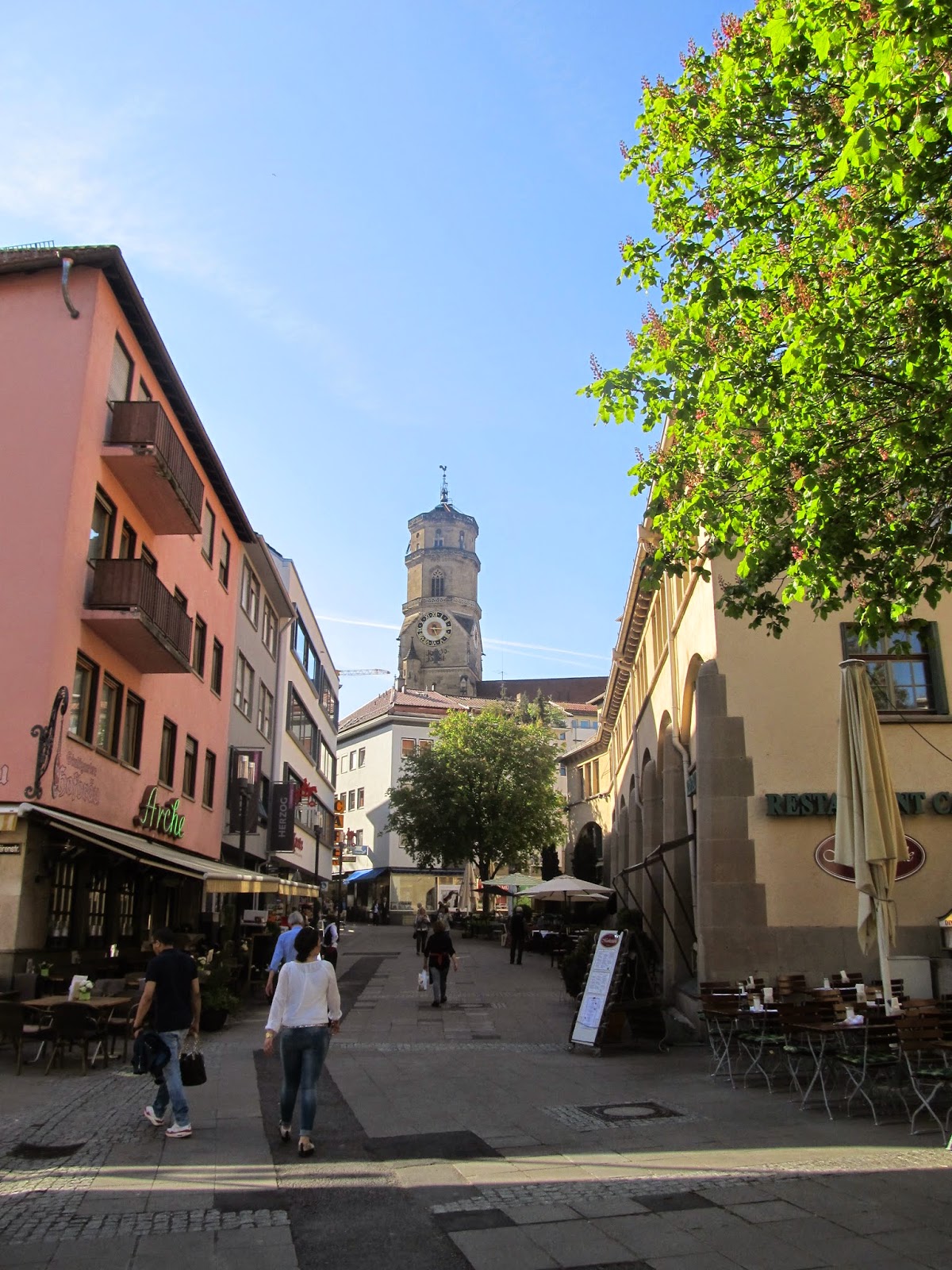
As noted in this mini-documentary from CBS news "It sucks to be a Muslim in France"...
http://www.cbsnews.com/videos/les-banlieues-seeds-of-terror
[I consulted with the producer of the mini-documentary as an expert on the topic]
One of my first trips to Paris as a graduate student in 1995 coincided with a series of terrorist bomb attacks, likely by Algerian Islamic extremists (CNN, 1995), that led to the removal of all garbage cans in the city. Many years later, as a professor working on a book project, I happened to stay in a hotel which was about a block away from where one of the busses had blown up during the 7/7 bombing attacks. Many have written about whether or not terror attacks like the 7/7 bombings or 9/11 have led to a securitization of immigration policy. What is different now is that Europe is currently experiencing the largest flow of refugees since the end of World War II, and most of those refugees are coming from Syria and other parts of the Middle East, meaning many of these migrants are Muslims.
Many European countries have faced terror attacks over the years and have taken a variety of measures to improve security. However, even though new measures may be taken to deal with security, such as stricter screening of immigrants and refugees, most European countries, including countries like Germany, France and Sweden, have remained open to refugees fleeing violence, whether they were Muslims fleeing conflicts in the Balkans or Iraqi minorities fleeing sectarian violence.
Europe has faced a challenge integrating Muslims from various countries and backgrounds. However, it is important to keep in mind that the recent attacks in Paris appear to have been perpetrated by so-called “home grown terrorists,” i.e., radicalized Muslims who were born and raised in Europe. This makes the connection between terrorism and refugees rather tenuous.
Perhaps a larger issue, in terms of integration, is the situation for immigrants, ethnic minorities and Muslim citizens, given that many of them live on the margins of society. Many are the targets of racism, but also have to deal with living in places like the suburbs (banlieus) of Paris where they have little educational and job opportunities. France has been trying to address this issue for many years, with a variety of policies, including antidiscrimination policy, as described in my book, Legislating Equality. Although the French government initially embraced antidiscrimination policy through its equality body, politics eventually reduced the impact of its activities related to racism.
Journalist and documentarian Rokhaya Diallo has examined these issues through the lens of Americans visiting France in her recent work, Steps to Liberty. Going back to the 1995 movie, La Haine (Hate) it seems that little has changed. However, I have seen a new awareness developing among various groups including Muslims and those who now consider themselves black and French. I have written about the impact of racial equality legislation on blacks in France in the book Invisible Minorities. These groups have the potential to develop as voting blocks and to impact politics in France, as well as other European countries. These political developments can be important to the integration of minority groups and may ultimately create a new outlet for the frustrations that can lead to radicalization.















































